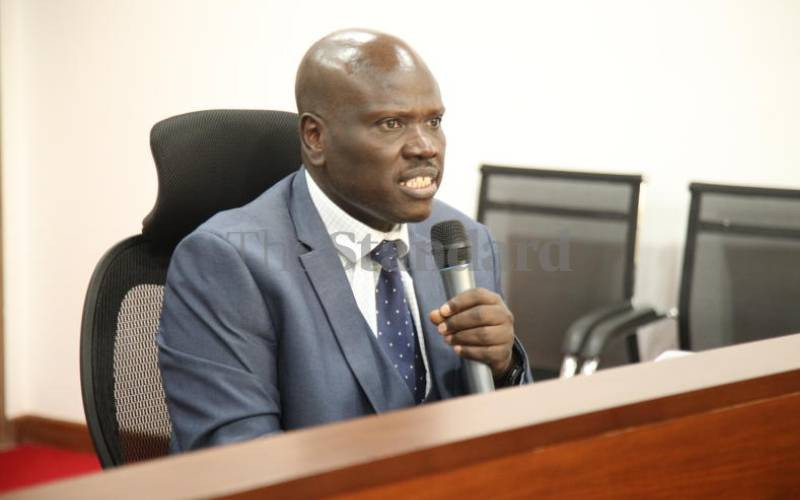
The Ministry of Energy and Petroleum is now pushing for the joint procurement and importation of Heavy Fuel Oil (HFO) by power producers in the country ostensibly to bring down the cost of electricity.
According to documents tabled before a parliamentary committee yesterday, the Ministry is currently at an advanced stage of engaging various stakeholders in the sector including thermal generators (KenGen and IPPS), fuel suppliers, Energy and Petroleum Regulatory Authority (Epra) and Kenya Power with a proposal to import the HFO through an Open Tender System, which will allow for the consolidation of HFO requirements and sourcing by one importer.







